June 9, 2025
Jobs are getting better, but a quarter of people still think they are bad for their wellbeing
 Although job quality appears to be on the rise, a quarter of UK workers – an estimated 8.5 million people – say their jobs have a negative impact on their mental health (25 percent) or physical health (24 percent), according to the CIPD Good Work Index 2025. The latest poll claims the negative impact of work on wellbeing has remained high for many people for the eight years the survey has been running, despite improvements for some employees on certain areas of job quality. The CIPD Good Work Index, which provides what the troubled trade association claims is the UK’s most in-depth annual survey of job quality, suggests that the strongest factors associated with unhealthy work are excessive workloads, stress, poor relationships with colleagues and the quality of line management. (more…)
Although job quality appears to be on the rise, a quarter of UK workers – an estimated 8.5 million people – say their jobs have a negative impact on their mental health (25 percent) or physical health (24 percent), according to the CIPD Good Work Index 2025. The latest poll claims the negative impact of work on wellbeing has remained high for many people for the eight years the survey has been running, despite improvements for some employees on certain areas of job quality. The CIPD Good Work Index, which provides what the troubled trade association claims is the UK’s most in-depth annual survey of job quality, suggests that the strongest factors associated with unhealthy work are excessive workloads, stress, poor relationships with colleagues and the quality of line management. (more…)







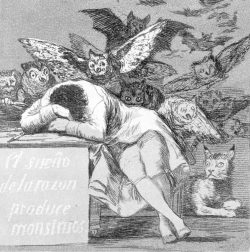





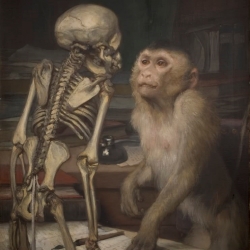
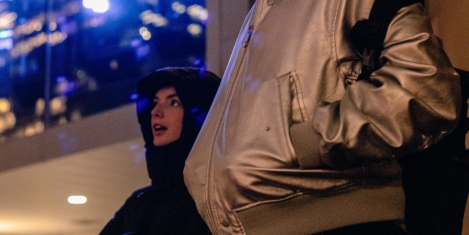
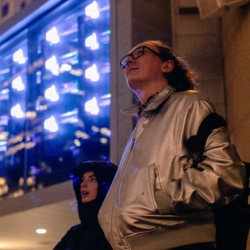




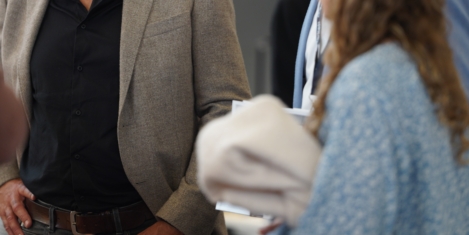
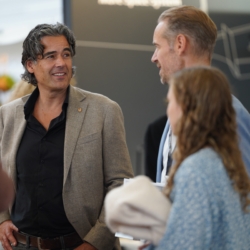













June 9, 2025
Rise of AI gives us a chance to rediscover a world beyond the screen
by Anthony Brown • AI, Comment, Workplace design